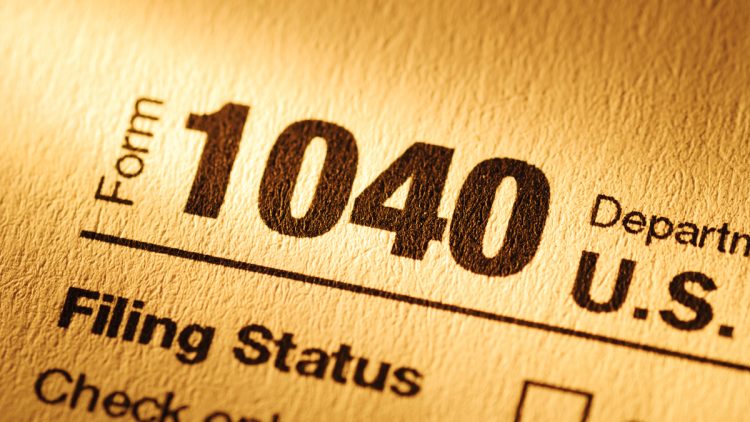How Much Should I Offer In Compromise to the IRS?
Determining the amount to offer the IRS in a formal Offer in Compromise (OIC) is a complex process that depends on your unique financial situation and the specific tax debt you owe. An Offer in Compromise is a program that allows eligible taxpayers to settle their tax debt for less than the full amount owed. The IRS considers several factors when evaluating OIC requests. Here’s a general guideline to help you decide how much to offer:
-
Calculate Your Reasonable Collection Potential (RCP): The IRS uses a formula to determine your RCP, which is essentially your ability to pay. It takes into account your income, expenses, assets, and future earning potential. The RCP calculation considers:
-
Your monthly income: This includes wages, self-employment income, rental income, and other sources.
-
Your allowable monthly expenses: These are based on IRS standards and include expenses like housing, transportation, and food.
-
Your equity in assets: The IRS may consider the value of your assets, including real estate, vehicles, bank accounts, investments, and other assets.
-
-
Add Lump Sum Cash Offers: If you have a lump sum of money available, such as from savings or a loan from family or friends, you can offer this amount in addition to your RCP. The IRS will consider this in your OIC evaluation.
-
Select the Payment Option: You have two options for making payments in your Offer in Compromise:
-
Lump Sum Cash Offer: You offer a one-time payment, usually within five months of acceptance.
-
Periodic Payment Offer: You make a series of payments over a specified period, which can extend up to two years.
-
-
Determine the Total Offer Amount: If you choose the lump sum cash offer, add your lump sum amount to your RCP. If you choose the periodic payment offer, add your first proposed installment to your RCP.
-
Filing Fee and Initial Payment: Include the appropriate filing fee and an initial payment (if applicable) with your OIC application. As of my last knowledge update in September 2021, the filing fee is $205. The initial payment amount depends on your payment option:
-
For a lump sum cash offer, include 20% of the total offer amount with your application.
-
For a periodic payment offer, include the first proposed installment with your application.
-
-
Consult a Tax Professional: Given the complexity of OIC calculations and the importance of submitting a comprehensive and accurate offer, it’s highly advisable to consult with a tax professional or tax attorney experienced in OIC submissions. They can help you gather the necessary financial information, complete the required forms, and ensure that your offer reflects your true ability to pay.
Remember that the IRS evaluates OIC requests on a case-by-case basis, and not all offers are accepted. If your offer is accepted, you must comply with all IRS filing and payment requirements for the next five years. Additionally, if your financial situation improves during this period, you may be required to pay any newly accrued tax liabilities.
As tax laws and IRS guidelines can change, it’s essential to check the latest information and consult with a tax professional for guidance tailored to your specific circumstances.
Tax Settlement in Mesa, Arizona
If you need IRS Debt Help, Tax Debt Settlements or Tax Debt Advising in Phoenix, Mesa or anywhere else, Tax Debt Advisors can help! Give us a call at 480-926-9300 or fill out our contact form for a free consultation. This family owned tax practice has been serving the public since all the way back in 1977!
More Articles About Taxes
- When Will I Get My 2021 Tax Refund
- What’s New For Tax Filing 2021
- IRS Tax Inflation Adjustments For Tax Year 2021
- 2021 Tax Brackets
- What Are Tax Audits?
- What is an Enrolled Agent?
- Answers To 10 Tax Questions
- How To File Back Taxes

